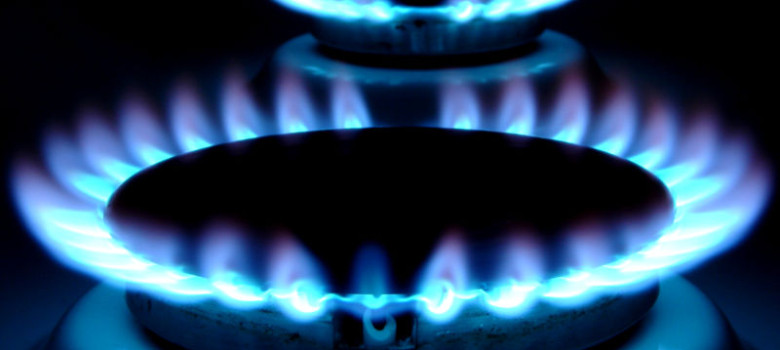
Why is gas important to the UK?
The UK uses quite a bit of gas – not only to provide the fuel for central heating systems, but it is also used in our gas-fired power stations to generate electricity.
Our reliance on gas means sourcing it should be a concern to all of us, since if we can’t – many of the things we take for granted every day, like cooking food on our gas or electric hobs, watching TV and even getting around on the tube would grind to a halt.
Where does our gas come from?
In the UK, we get our gas via pipelines from Belgium, Netherlands and Norway and we import it via ship directly from Qatar. We also get a relatively small amount from the North sea, although this is only expected to last for the next year or so.
Despite seeming to come from our neighbours, much of the gas actually comes from Russia via many soviet-era pipelines that travel through the Ukraine then into these countries.
Why are the troubles in Ukraine a problem?
Following the annexation of Crimea by Russia and the seeming descent of eastern Ukraine into a possible civil war, Russia now seems to be upping the ante by using its energy policy as a tool in its foreign policy:
“If we don’t receive pre-payment for June by May 31, then it is possible Gazprom will reduce gas supplies to Ukraine or provide it with the capacity it has paid for by May 31,” said Russia’s Energy Minister Alexander Novak (source: Reuters)
This is not an idle threat as in 2006 and 2009. Gazprom (one of Russia’s largest companies, which accounts for 14 and 74 per cent of the global and Russian gas output respectively) stopped gas supplies to Ukraine after price disputes, and some flows to the rest of Europe were also disrupted. Countries like Bulgaria were also impacted as they heavily depend on these imports (for those interested it is worth reading Putin’s letter to European leader’s early this year).
Luckily the winter of 2013/14 was relatively warm and along with increased storage capacity, has led to an increase in reserves in the UK. This has helped reduce the impact of the current crisis on the price of fuel. The EU however is urgently looking at alternatives to this dependency and the current G7 meeting is discussing the options to move away from Russian gas. There are several options being considered including:
- importing from alternative suppliers such as Israel, Cyprus and the US. The US has lots of lots of natural gas (from fracking) but no export facility on the east coast (at least until 2020) (source BBC). Lithuania, for example, is so concerned about Russian influence that it plans to completely remove its reliance on Russian gas imports and is busily building a new deep water port to be ready by the end of 2014.
- altering the way gas is shared around the European gas grid
- producing more gas in Europe
- increasing the mix of renewable supplies
Whatever the short-term politics dictates, the medium-term wholesale price for domestic gas in the UK will presumably still increase even if cheaper gas is imported, as the consumer will be forced to pay for these major infrastructure developments. Another recent report suggested that the UK North Sea reserves only have a year or two left – so whilst we currently produce over 20% of the gas we use, this figure will fall to zero very soon.
Do we need to fear Russia cutting off our supply?
Absolutely – the Russian government and Gazprom have just signed a multi-million dollar deal with China, meaning that Russia no longer has to worry about European sanctions. The growing Chinese market is huge and this means Russia will feel much more comfortable with their European position.
What does that mean for your home?
We rely on Russian gas a lot, as well as other sources around the world. Not only do we use gas for our boilers and our cooking, gas is also used in many power stations to create electricity. So with British gas disappearing, and demand embedded in the UK economy, there is potential for some quite nasty price hikes.
What can you do? Make sure you reduce your exposure to the price volatility by reducing your reliance on gas and taking advantage of the government’s generous funding for insulation and renewables.
Think we missed something? Do you have a different opinion?
Comment below to get your voice heard…











No Comments yet! Be the first one.